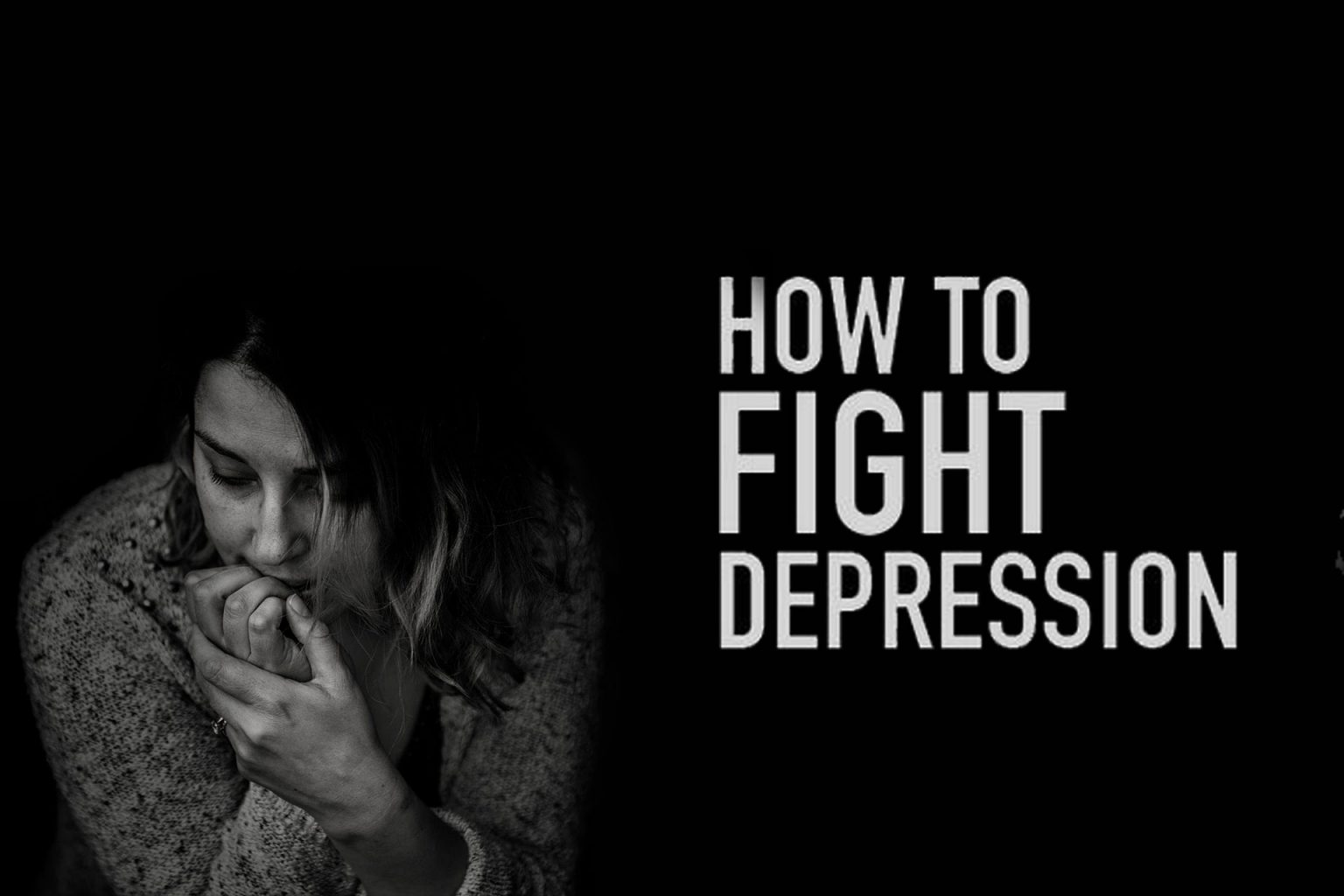Everyone feels sad once in a while but if you start to see the symptoms of depression in women for more than two weeks, this may be a condition called clinical depression. This is a very common mental health disorder that can affect anyone of any age at any time but is most common in women in their late 20s and early 30s. However, what you need to understand is that you are not alone. This state of depression is treatable and there are plenty of things you can do to make yourself feel better.
Signs and Symptoms of Depression in Women
Ranging from mild to severe impacts, depression would make you feel different in a strange way. Common signs & symptoms of depression in women include:
- Feeling of helplessness and hopelessness. One may feel lost in a situation and nothing will get better.
- You may feel unattracted to your hobbies, social activities and pass times that you once used to enjoy.
- There may be fluctuations in the weight, you may lose or gain a few pounds.
- Fluctuations in sleep patterns. Some days you may want to stay in bed forever and others you crave for a good night’s sleep.
- Feeling of fatigue, sluggish and drained energy.
- In some cases suicidal thoughts
There may be a whole bunch of symptoms of depression in women and you may be able to relate to some, it also needs to be understood that it can be treated and you can get back to your normal being in a course of time. You need to put yourself together and believe that you will be fine.
Depression Rate In India
According to the World Health Organization, as of 2017, 300 million people around the world have depression. Nearly, 50% of the population diagnosed with depression are also said to be suffering from anxiety issues. 4.5% of the Indian population suffers from depression. The government estimates that 1 in 5 people in the country needs counselling either psychological or psychiatric. WHO states that the burden of depression is 50% higher for females than males and Indians are reported to be among the world’s most depressed. The prevalence of depression is 9%, of a major depressive episode is 36%, and the average age of onset of depression is 31.9 years, in India.
Also Read: 5 Best Workouts For Depression
 Depression Rate In India
Depression Rate In IndiaDepression Causes And Treatment
Here are some tips and best treatment for depression:
1. Social Support
Stretch your hand for help from the people who care about you and play an important role in your life. Share what you feel with people whom you love and trust. Spend some personal quality time with your family and friends. And on some level, you can always find some depression support groups.
2. Health First
To cater to your mental health you must bring some changes in your regular lifestyle. Find ways to relax and get energized. It is also imperative to at least gain eight hours of sleep. Do activities that you enjoy, may it be swimming, dancing, painting or a mere walk in the evening.
3. Get Up and Get Moving
Stepping out of bed may seem like a daunting task when you are in depression. But exercise is a powerful weapon in the same. So it is important to exercise or taking a walk for about 30 minutes can boost your energy levels.
4. Eat Healthy
Cutting down excess salt, sugar, caffeinated drinks and fatty foods may help you fight depression. There should not be skipping meals. Adding herbal elements may also be very helpful in regulating your hormones.
5. Challenge Negative Thinking
Women often spend so much time thinking about the way they are feeling and why is that happening. You need to be more optimistic while you spend time with yourself. You need to find ways of loving and pampering yourself.
6. Get Professional Help
depression is not a taboo anymore and noticing symptoms of depression in women doesn’t mean they’re mad. It is important to face yourself and believe that ‘i may be ill but it can get better’. Reach out for a psychologist or a psychiatrist. It is okay to seek professional help.
While depression is a treatable mental illness, many people avoid seeking treatment. To change the assumptions about depression, we should start thinking and talking about depression in the same way that we talk about any other medical issue. Support yourself and others around you who are in depression.
Also Read: 6 Herbs And Supplements For Depression

